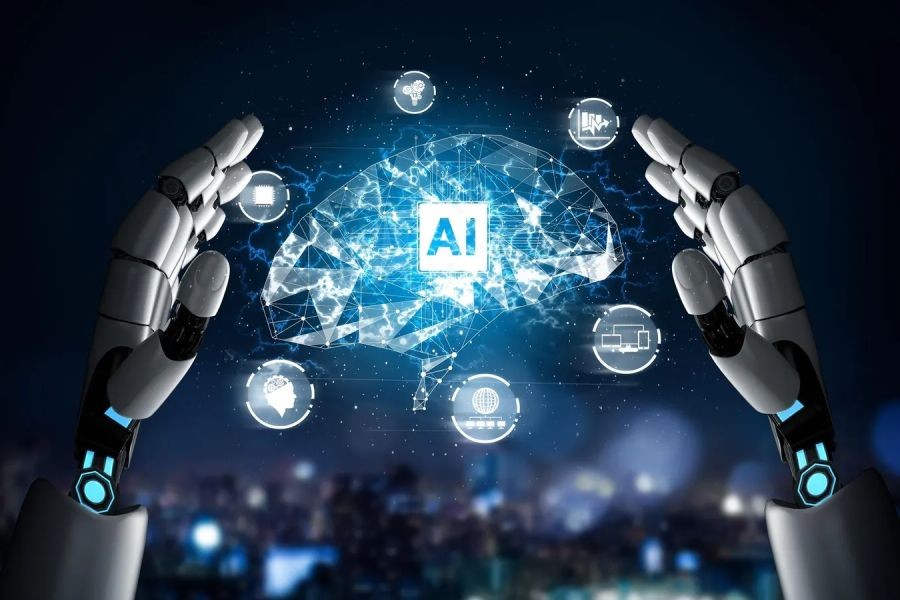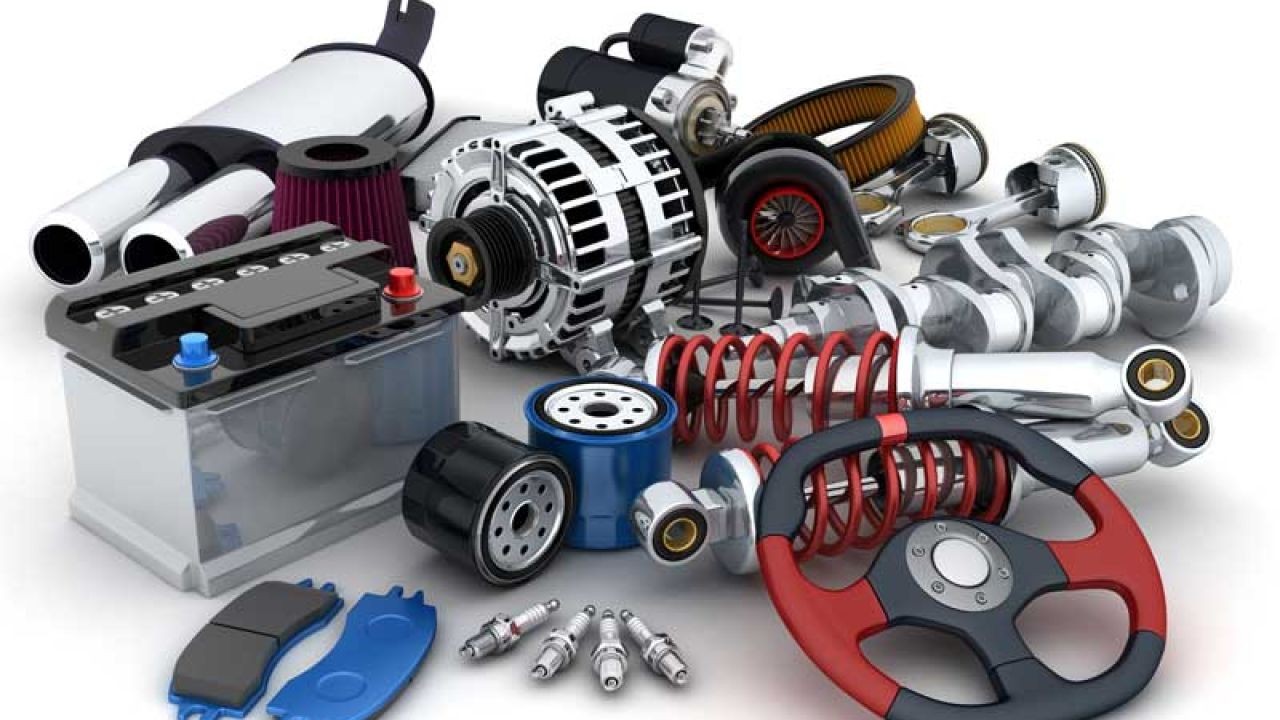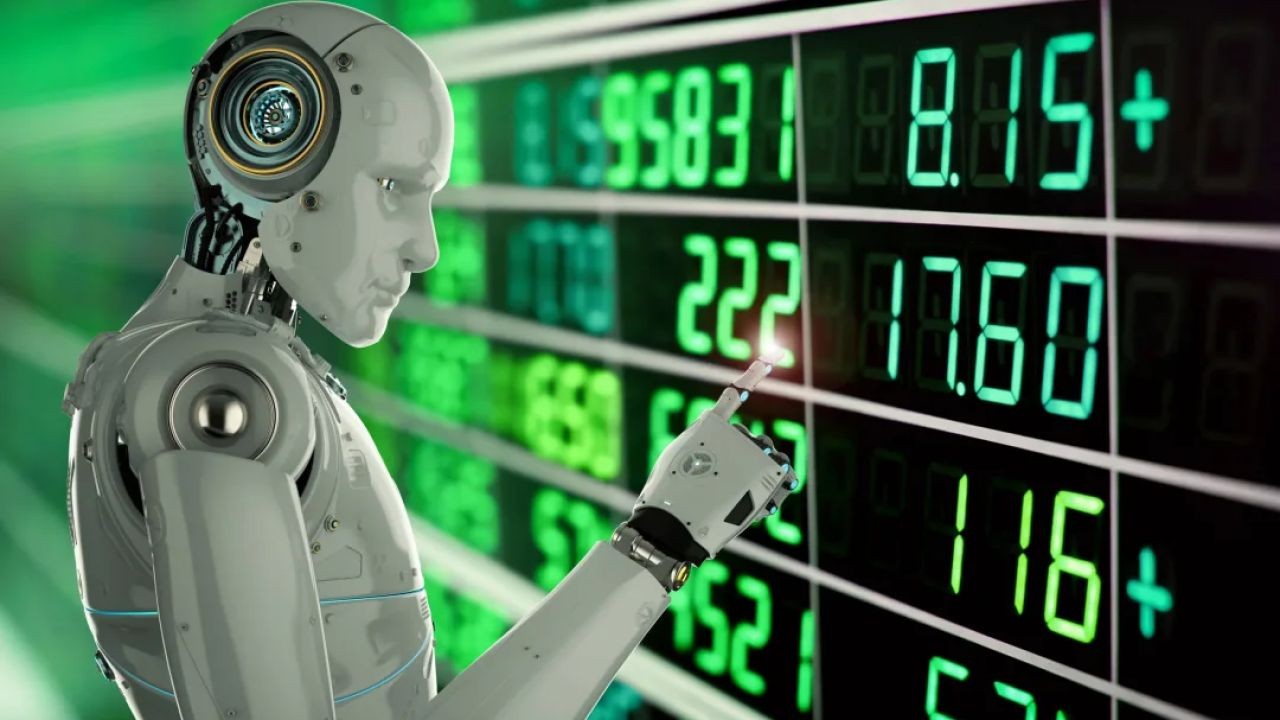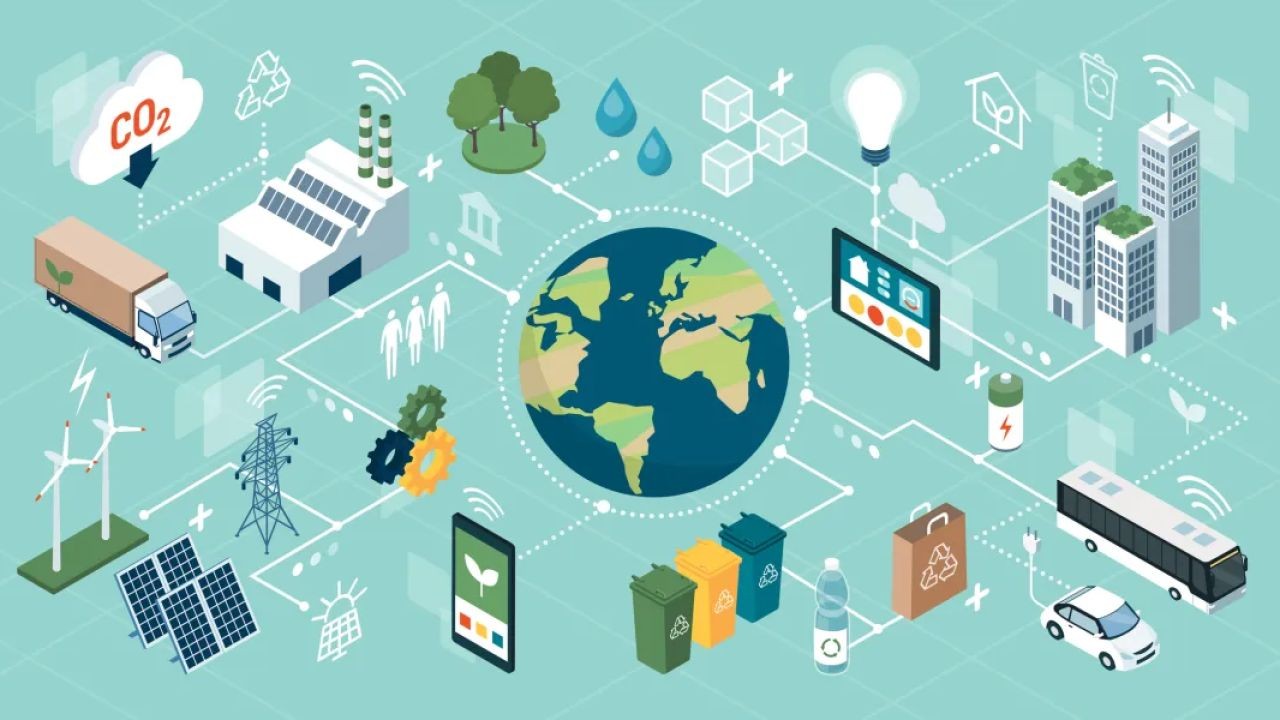Artificial Intelligence (AI) stands poised to fundamentally reshape New Zealand's economy over the next decade. While AI-driven technologies promise increased efficiency and productivity, they also pose challenges that require careful navigation. As New Zealand's industries brace for this transformation, it is crucial for policy analysts and business leaders to understand the implications and prepare accordingly.
The Historical Evolution of AI in New Zealand
AI is not a new phenomenon in New Zealand; its roots can be traced back to the early 2000s when businesses began adopting data-driven decision-making tools. Over the years, AI applications have expanded into sectors such as agriculture, healthcare, and finance. Notably, Stats NZ reports that agricultural productivity has increased by 15% over the past decade, partly due to AI-driven innovations in precision farming and supply chain optimization.
Data-Driven Insights from New Zealand
According to a report by the Ministry of Business, Innovation and Employment (MBIE), AI integration could boost New Zealand's GDP by up to 10% by 2030. This growth is anticipated to be driven by enhanced productivity, cost savings, and the creation of new markets. The Reserve Bank of New Zealand also highlights that AI could lead to significant shifts in the employment landscape, with potential job losses in routine tasks but increased demand for AI-skilled workers.
Industry Insights: Real-World Case Studies
Case Study: Fonterra – Enhancing Dairy Production
Problem: Fonterra, a leading dairy cooperative, faced challenges in optimizing milk production due to fluctuating weather patterns and resource constraints.
- The company struggled with inefficiencies in predicting milk yield, impacting profitability.
- Industry data indicated that similar issues led to a 10% reduction in yield for other dairy producers.
Action: Fonterra implemented AI-driven predictive analytics to forecast milk production and optimize resource allocation.
- They utilized machine learning algorithms to analyze weather data, soil quality, and livestock health.
- The implementation involved training staff and integrating AI tools into existing systems.
Result: Within a year, Fonterra achieved impressive results:
- Milk yield increased by 12%.
- Resource usage efficiency improved by 15%.
- Annual savings amounted to NZD 50 million.
Takeaway: This case study underscores the potential of AI in transforming traditional industries like dairy farming. New Zealand businesses can leverage AI to enhance productivity and sustainability, ensuring a competitive edge in the global market.
Contrasting Perspectives on AI Adoption
The potential benefits of AI are undeniable; however, they come with challenges. Advocates argue that AI will drive innovation and economic growth, as evidenced by Fonterra's success. Critics, however, caution against over-reliance on technology, highlighting privacy concerns and potential job losses.
Balancing these perspectives, a middle ground approach emphasizes ethical AI use and workforce reskilling. By investing in education and training, New Zealand can mitigate job displacement while fostering a tech-savvy workforce ready to harness AI's potential.
Pros and Cons of AI in New Zealand's Economy
Pros:
- Higher ROI: AI adoption in industries like agriculture has led to a 30% increase in productivity.
- Proven Effectiveness: Real-world case studies demonstrate AI's role in optimizing operations.
- Scalability: AI solutions are adaptable for various business sizes and sectors.
- User Engagement: Enhanced customer experiences through personalized marketing.
Cons:
- Initial Costs: Significant investment is required for AI infrastructure and training.
- Industry Variability: AI effectiveness varies across sectors and depends on execution strategy.
- Privacy Issues: AI raises data protection concerns among consumers.
- Resource Intensive: Ongoing monitoring and optimization are necessary.
Debunking Common Myths About AI
- Myth: "AI will replace all jobs."
- Reality: While AI automates routine tasks, it creates new roles in AI development and maintenance, with 80% of industries shifting towards AI-assisted jobs (Source: Future of Work NZ 2024).
- Myth: "AI is only for tech companies."
- Reality: AI applications extend across industries, from healthcare to agriculture, with tangible benefits in efficiency and productivity.
Future Trends: AI's Impact on New Zealand
By 2030, AI is expected to revolutionize sectors such as healthcare, where predictive analytics could improve patient outcomes, and finance, where AI-driven algorithms will enhance risk management. A Deloitte report predicts that 60% of Kiwi businesses will integrate AI into operational processes by 2028, driving innovation and competitiveness.
Final Takeaways
- AI has the potential to boost New Zealand's GDP by 10% by 2030.
- Real-world examples, such as Fonterra, highlight AI's transformative impact on traditional industries.
- Balancing AI adoption with ethical considerations and workforce reskilling is crucial.
- AI is not limited to tech companies; it offers opportunities across various sectors.
Conclusion
The integration of AI into New Zealand's economy offers both opportunities and challenges. By embracing AI with a strategic, ethical approach, New Zealand can position itself as a leader in innovation, driving economic growth and improving quality of life. What steps will your organization take to harness AI's potential? Share your thoughts and strategies below!
People Also Ask
- How will AI impact New Zealand's job market?AI is expected to automate routine tasks but create new roles in AI development, resulting in a net job gain (Source: Future of Work NZ 2024).
- What industries in New Zealand can benefit the most from AI?Agriculture, healthcare, and finance stand to gain significantly from AI-driven innovations, improving efficiency and outcomes.
- What are the biggest misconceptions about AI in New Zealand?A common myth is that AI will replace all jobs, but it actually creates new roles in emerging tech sectors.
Related Search Queries
- AI impact on New Zealand economy
- AI trends in New Zealand industries
- Future of work with AI in New Zealand
- AI in agriculture New Zealand
- Artificial Intelligence policies in New Zealand
- AI job creation vs. job loss in New Zealand
- Privacy concerns with AI in New Zealand
- AI in healthcare New Zealand
- New Zealand AI innovation case studies
- AI-driven economic growth in New Zealand































